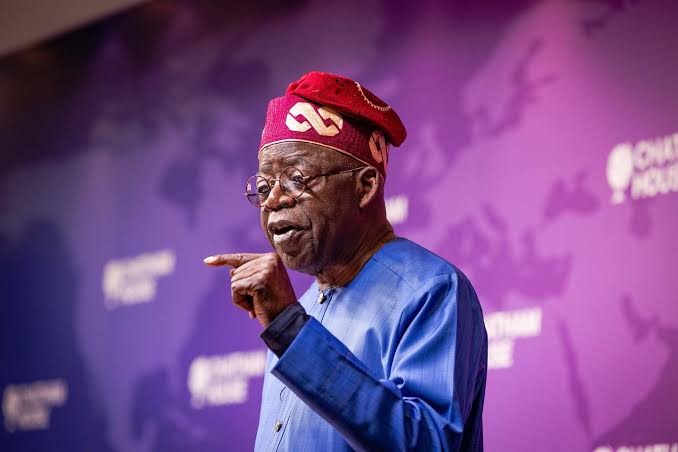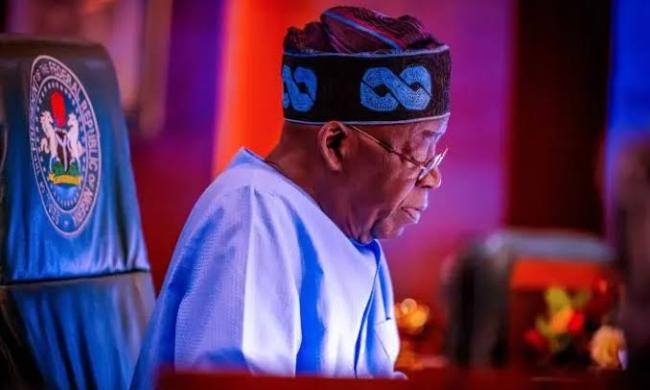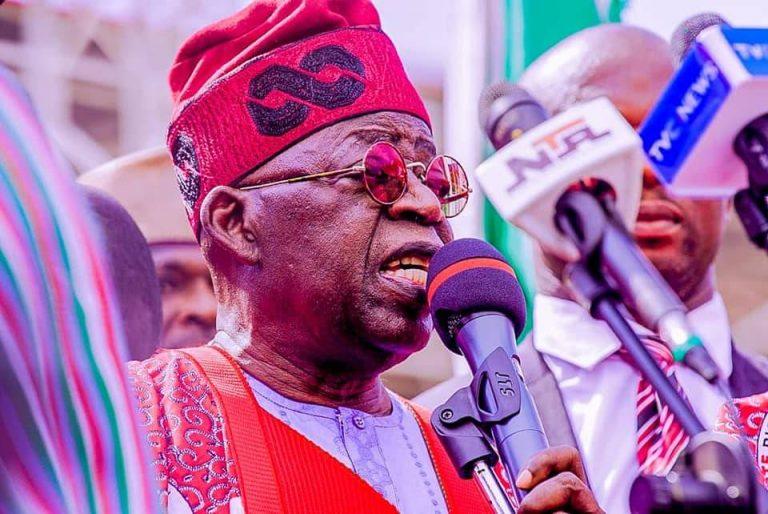Tinubu emphasizes shift from borrowing to revenue generation for economic development
President Bola Tinubu has announced his commitment to breaking Nigeria’s reliance on borrowing to fund public expenditures.
This announcement was made during the inauguration of the presidential committee on fiscal policy and tax reforms.
Rising Public Debt
Nigeria’s total public debt has surged by a staggering 501 percent over the span of eight years, reaching N72.55 trillion in March 2023 from N12.06 trillion in March 2015.
This substantial increase has been driven by amplified borrowing, exacerbated by global economic challenges and recessions in 2016 and 2022.
Data from the Debt Management Service (DMO) indicates that the total public debt includes N19.64 trillion in foreign debt, N30.21 trillion in domestic debt, and N22.7 trillion from the Central Bank of Nigeria as Ways and Means lending to the Federal Government.
In addition, the cost of servicing these debts has escalated, with Nigeria spending N3.36 trillion to service its debts in 2022, marking a 14.68 percent rise from N2.93 trillion in 2021.
The servicing costs were divided between N1.07 trillion for external debts and N2.56 trillion for domestic debts.
The Challenge of Revenue Generation
Addressing the issue of revenue generation, President Tinubu expressed his commitment to eliminating barriers that hinder business growth in Nigeria.
He stressed the need for a shift in the tax regime from taxing poverty and production to focusing on returns, income, and consumption.
Tinubu’s Initiatives
President Tinubu mentioned several initiatives aimed at transforming Nigeria’s economic landscape.
These include the discontinuation of fuel subsidies and the Central Bank’s move to unify its exchange rate system.
Additionally, he highlighted the establishment of the Presidential Committee on Fiscal Policy and Tax Reforms, which comprises experts from the private and public sectors.
The committee’s mandate includes addressing challenges related to multiple revenue collection agencies, high administrative costs, compliance burdens on taxpayers, coordination between fiscal and economic policies, and accountability in tax revenue utilization.
The Path Forward
The President’s objective is to enhance Nigeria’s revenue profile while creating a business environment that is competitive on a global scale.
The aim is to achieve a minimum Tax-to-GDP ratio of 18 percent within the next three years.
The committee is empowered not only to provide recommendations but also to actively support the government in implementing the suggested changes.
The committee will focus on delivering quick reforms within thirty days, followed by critical reform measures within six months.
The full implementation of these reforms is anticipated within one calendar year.
Collaboration and Engagement
President Tinubu called for the full cooperation of government agencies, ministries, and departments with the committee’s efforts.
This collaboration will be instrumental in achieving the proposed reforms.
In Conclusion
President Tinubu’s initiatives signal a significant shift in Nigeria’s approach to economic growth and development.
By prioritizing revenue generation over borrowing, the country aims to break free from the cycle of debt and create a sustainable path for economic progress.







